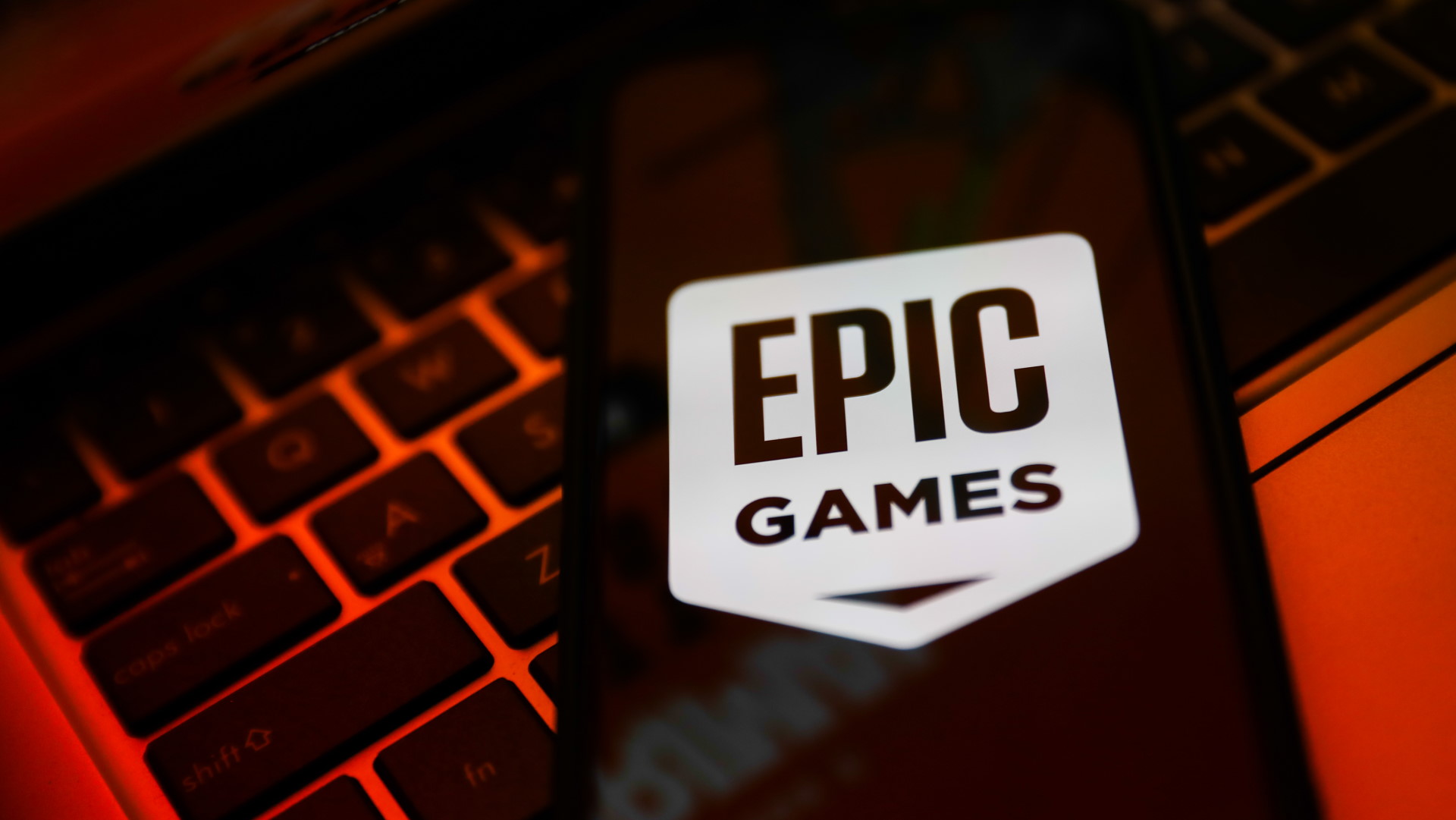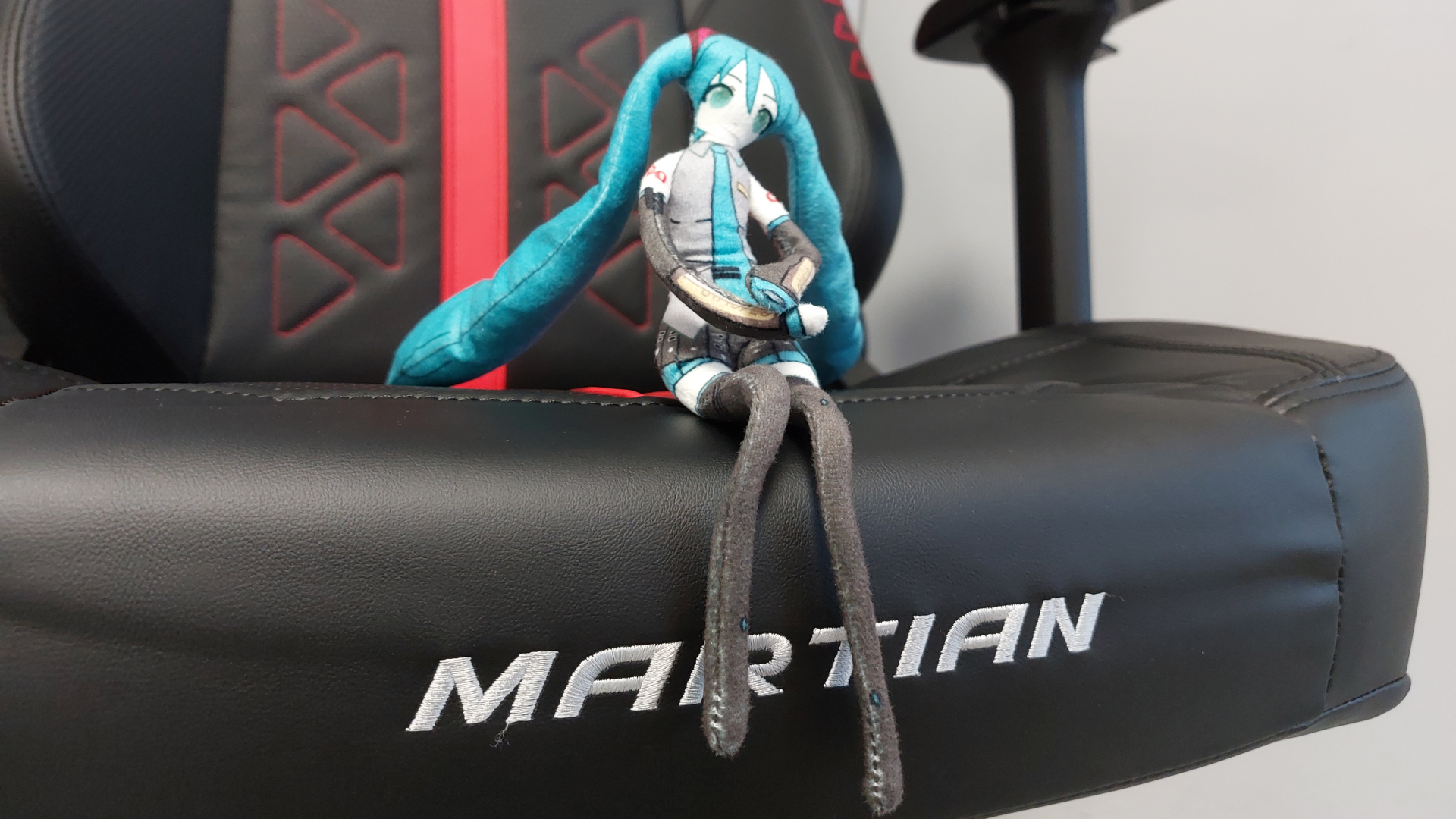Google considered buying Epic Games, according to updated court documents
The claim was made in an updated filing based on newly unredacted documents.

In August 2020, Epic Games launched a lawsuit against Apple over "monopolistic practices" on the App Store. Later the same day, it launched a similar action against Google. Despite differences in the stores and what they allow, the complaints are essentially identical: By requiring app makers to process in-app purchases through their internal payment systems—claiming a 30% cut along the way—Apple and Google are effectively maintaining monopolies and suppressing competition.
It's a big deal. An Epic victory would almost certainly spark wholesale changes on the App Store and Google Play that would cost Apple and Google significant amounts of money. Neither company wants that, naturally, and according to an updated filing based on newly unredacted information, Google even went so far as to contemplate buying some or all of Epic to eliminate the "threat" of competition.
"Not content with the contractual and technical barriers it has carefully constructed to eliminate competition, Google uses its size, influence, power, and money to induce third parties into anticompetitive agreements that further entrench its monopolies," the updated complaint, available via The Verge, says.
"For example, Google has gone so far as to share its monopoly profits with business partners to secure their agreement to fence out competition, has developed a series of internal projects to address the 'contagion' it perceived from efforts by Epic and others to offer consumers and developers competitive alternatives, and has even contemplated buying some or all of Epic to squelch this threat."
(The original filing, with redactions intact, can be seen here.)
It's not known when exactly all of this happened, and apparently even Epic wasn't aware of it. "This was unbeknownst to us at the time, and because of the court’s protective order we’re just finding out now about Google’s consideration of buying Epic to shut down our efforts to compete with Google Play," CEO Tim Sweeney said on Twitter. "Whether this would have been a negotiation to buy Epic or some sort of hostile takeover attempt is unclear."
The filing also claims that "senior Google Play managers" made some overtures to Epic about establishing a "special deal" for Fortnite, purportedly using the "frankly abysmal" and "awful experience" of directly downloading and installing games onto Android devices.
Keep up to date with the most important stories and the best deals, as picked by the PC Gamer team.
Whether this would have been a negotiation to buy Epic or some sort of hostile takeover attempt is unclear.Here Google also talks about the “frankly abysmal” sideloading experience they created, all while touting Android publicly as an “open platform”.August 6, 2021
Ultimately, Epic rejected Google's offer of a deal, opting instead to offer the Android version of Fortnite through its own website and a distribution deal with Samsung. In response, the filing says Google began sharing "exciting" statistics about "fake apps caught by [Google Play Protect] from off-Play downloads" with journalists covering the case, and also negotiated deals with hardware makers to keep them from establishing sideloading distribution deals with developers.
I've reached out to Google for comment on the claim, and will update if I receive a reply. For a deeper dive into the other Fortnite-fueled clash of the titans—Epic vs Apple—don't miss our new look at the core of Apple's fightback against Epic.

Andy has been gaming on PCs from the very beginning, starting as a youngster with text adventures and primitive action games on a cassette-based TRS80. From there he graduated to the glory days of Sierra Online adventures and Microprose sims, ran a local BBS, learned how to build PCs, and developed a longstanding love of RPGs, immersive sims, and shooters. He began writing videogame news in 2007 for The Escapist and somehow managed to avoid getting fired until 2014, when he joined the storied ranks of PC Gamer. He covers all aspects of the industry, from new game announcements and patch notes to legal disputes, Twitch beefs, esports, and Henry Cavill. Lots of Henry Cavill.

